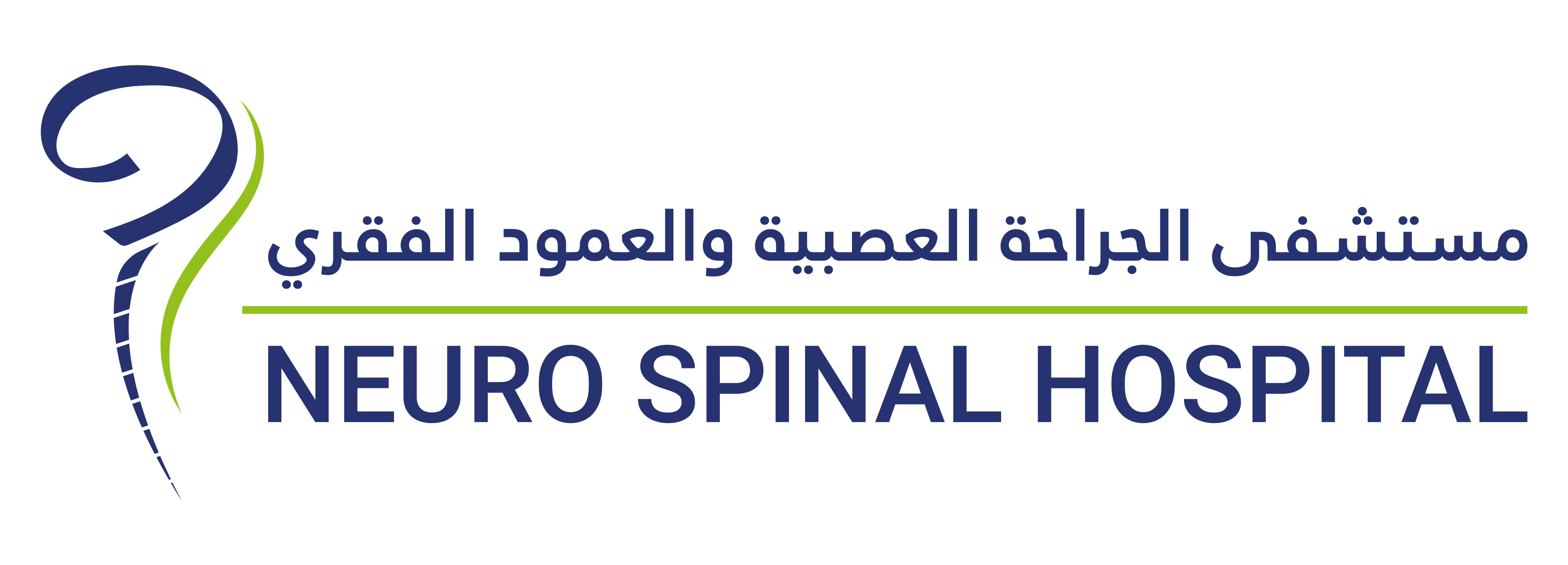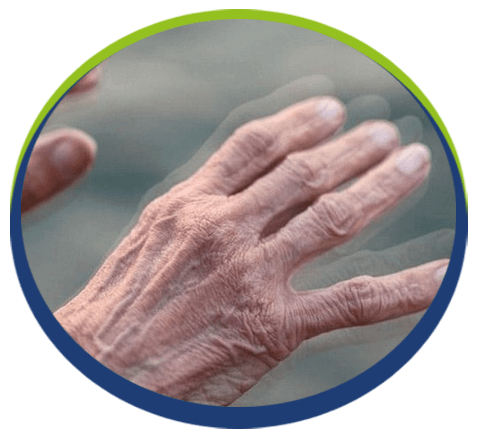Medications which increase or substitute for dopamine, such as Levodopa, can significantly improve symptoms. However, Parkinson’s drugs may cause side effects and their effects may diminish or become less consistent over time.
Deep brain stimulation (DBS), which involves a surgical procedure to implant electrodes that send electrical pulses to the brain which control body movements, may be recommended for people with advanced Parkinson’s disease who have unstable medication responses. DBS can be very effective in stabilising medication fluctuations or reducing tremors.
Other therapies, such as physical therapy and speech therapy can also be helpful.







